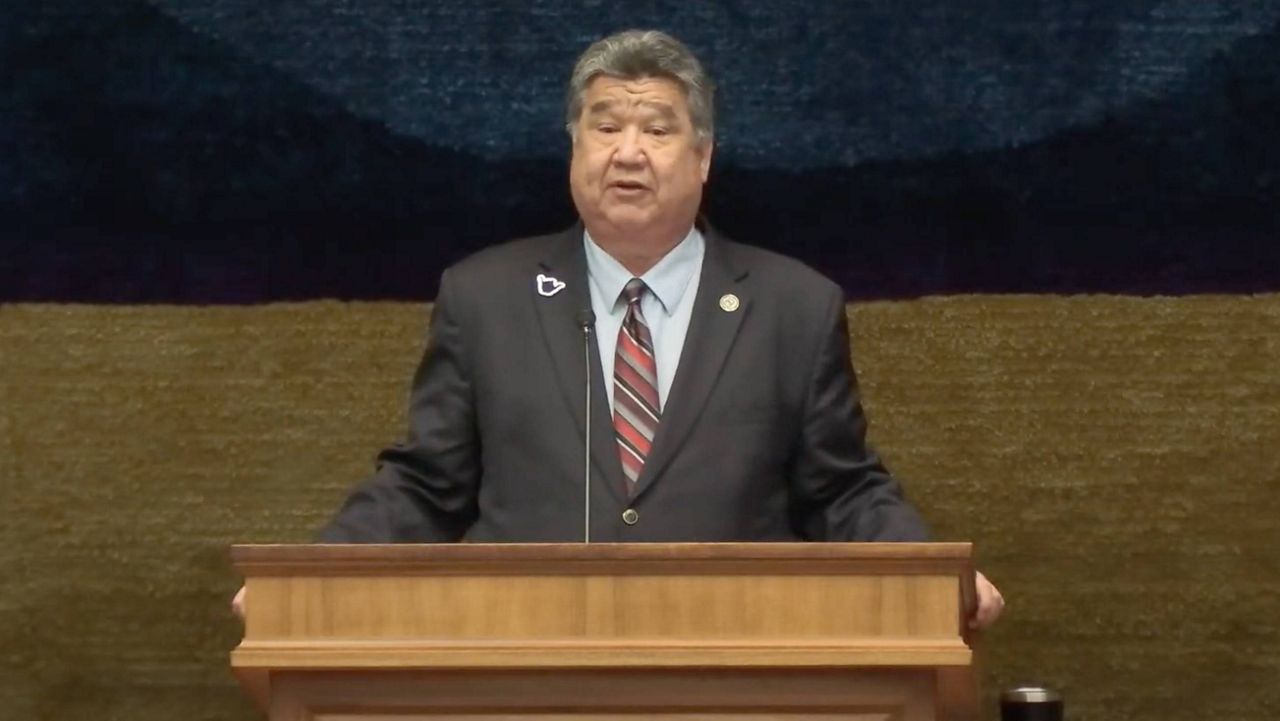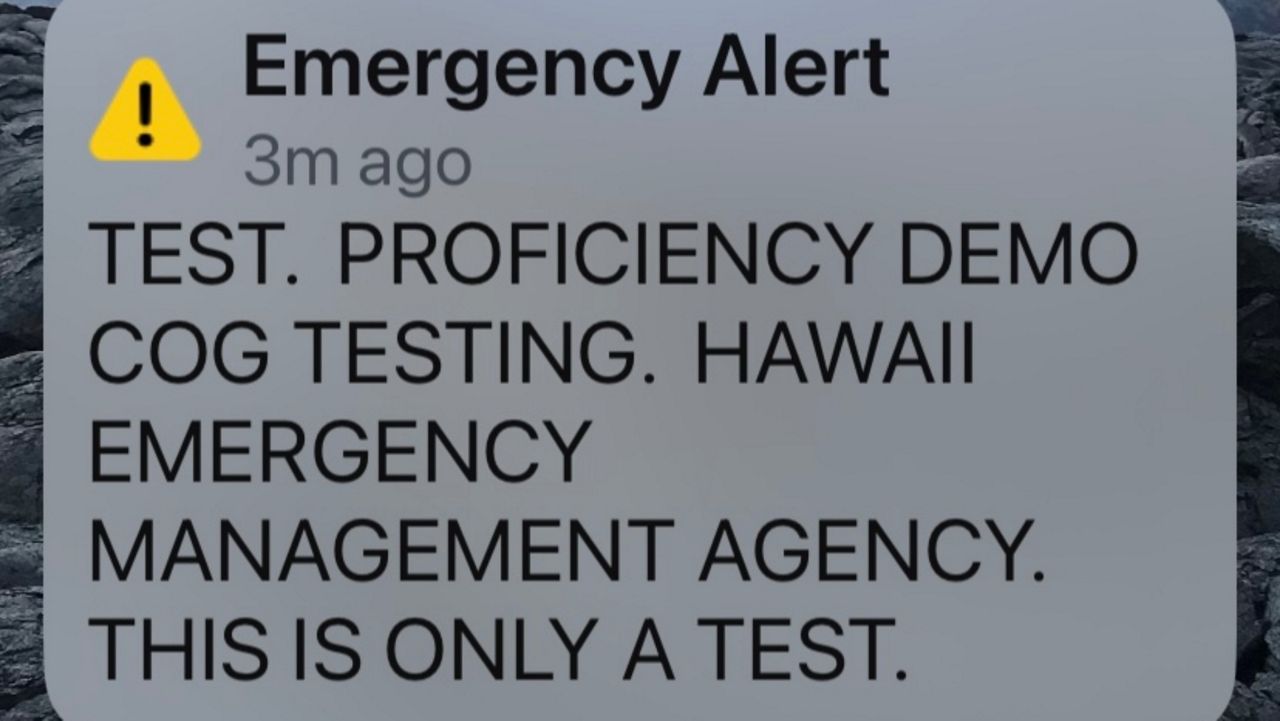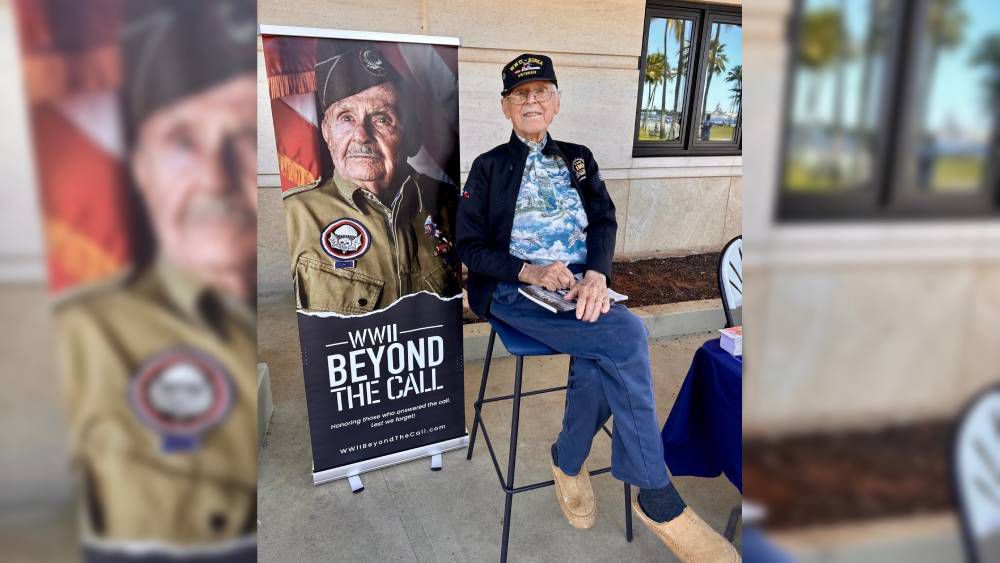A legislative effort to ban assault rifles took a dramatic, last-minute turn on Wednesday after the state Senate narrowly voted to adopt a floor amendment that effectively scuttled Senate Bill 401 for at least this year.
The amendment, which provides broad exemptions to the proposed ban, was initially ruled to have failed, but a subsequent roll-call vote and surprising reversal changed the official outcome and sent the bill back to committee for reconsideration. With a recess on Thursday and adjournment on Friday, the bill cannot be revived this year unless a special session is called.
The final vote on the amendment drew cheers from gun-rights supporters in the gallery and a sharp rebuke from gun-control groups that rallied behind the original bill.
“Today, lawmakers had an opportunity to right a wrong; instead, they doubled down by allowing the weapon of choice for mass shooters to continue to be sold across our islands,” said Erica Yamauchi, a volunteer with the Hawaii chapter of Moms Demand Action. “Whenever tragedy strikes next, we’ll ask ourselves what could have we done to prevent it. That moment of reckoning? It was right now. The answer was passing SB 401. Instead, Senate lawmakers caved to the pressure of the gun lobby and our communities will pay the price.”
SB401 would have closed a gap in Hawaii’s already strict gun laws by prohibiting the import, sale, possession, trade, gift, transfer or acquisition of high-powered, assault-style weapons, including assault rifles, assault shotguns and firearms with the capacity to fire ammunition of .50-caliber or higher. It also would have expanded the prohibition on high-capacity ammunition magazines.
The amendment, introduced by Sen. Lynn DeCoite, would have established a grandfather clause for weapons and standard-capacity magazines acquired prior to Jan. 1, 2026 and allowed licensed firearms dealers to continue servicing, repairing and transferring grandfathered weapons; provided protections for subsistence hunters and conservation workers; and required compensation for the surrender of eligible weapons acquired before the ban.
DeCoite said the amendment was necessary to enable private citizens to continue directly addressing the threat of feral pigs, axis deer and other invasive species that harm the environment and threaten farmlands, irrigation systems and other agricultural resources.
“This is not just an ecological issue, it is a budgetary crisis, and we are paying for it with taxpayer dollars,” DeCoite said. “Every time we remove a tool from the people on the front lines — our hunters, ranchers, landowners and conservation crews — we increase the cost without access to lawful and effective tools. We are trying one hand behind our back in the fight against these invasive species, and we are forcing the cost burden onto the state and onto the very taxpayer who are already stretched. This amendment is about preserving the tools of stewardship, the ability to manage land responsibly to prevent the collapse of ecosystems and to ensure our local families, not just state agencies, can help fight this war.”
DeCoite said the conference draft of the bill also did not include an explicit exemption for law enforcement officers and state Department of Land and Natural Resources personnel.
Speaking in support of the amendment, Sen. Joy San Buenaventura said the state’s existing gun laws have effectively prevented the sort of mass killing popularly associated with assault-style weapons from taking place in Hawaii but SB401 goes too far by “criminalizing legal hunters” for possessing magazines with a capacity in excess of 10 rounds.
“We are actually making them criminals by possession of magazines that we had legalized before they bought it, and now by their mere possession, because we decide to pass this bill, we decide to label them as criminals, and that, to me, is unethical and should not be tolerated by this body,” she said.
However, Sen. Karl Rhoads, who co-introduced SB401 with Sens. Stanley Chang and Glenn Wakai, said the amendment “basically eviscerates the underlying bill.” He noted that the bill already grandfathers assault weapons acquired before the start of next year and existing statutes provide exemptions for law enforcement, military and government employees.
More directly, Rhoads laid bare that the bill simply would not survive with the proposed amendment.
“The house is very unlikely to pass this amendment, which means that if we do, the bill is dead,” he said.
The endgame was acknowledged by Sen. Brenton Awa, who previously voted against the bill on third reading.
“What this amendment does, if you don’t get caught up in everything that’s in it, is [it] allows us to kill the bill,” Awa said prior to the initial vote. “And so that’s really what we’re voting on. A yes vote would help us do that, and a no vote would remain status quo.”
When the initial vote was taken by a show of hands, with a simple majority of the 25 members needed for the amendment to pass, Kouchi verbally acknowledged opposing votes by name and announced that the amendment had failed.
Had that stood, a vote on the conference draft of the bill would have been taken on Friday, the last day of the session. However, those opposed to the bill questioned the outcome of the vote, noting that Kouchi had only acknowledged 11 members in opposition to the amendment.
Kouchi had apparently failed to recognize Sen. Sharon Morikaki’s no vote and did not state his own vote in opposition, which would have been needed to secure the majority. Citing an interest in “transparency and clarity,” Kouchi called for a roll-call vote, which deadlocked at 12-12 before Kouchi himself cast a surprising vote of “aye.”
Kouchi later confirmed that the House did not opt to amend the bill, thus ensuring that it would not pass this session.
Michael Tsai covers local and state politics for Spectrum News Hawaii. He can be reached at michael.tsai@charter.com.










